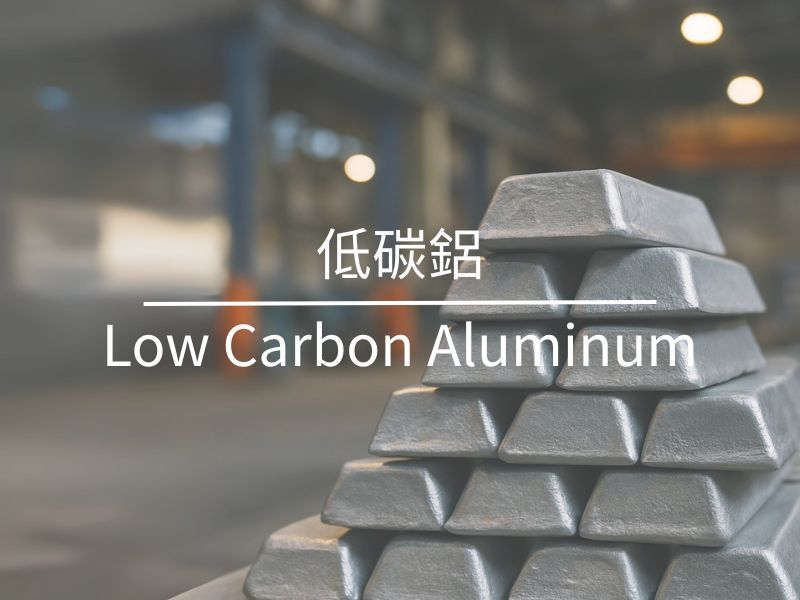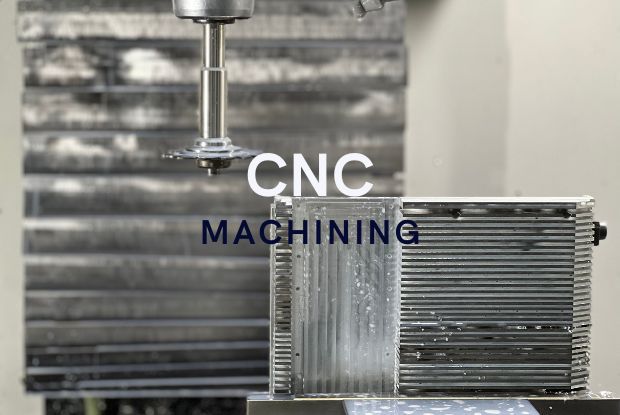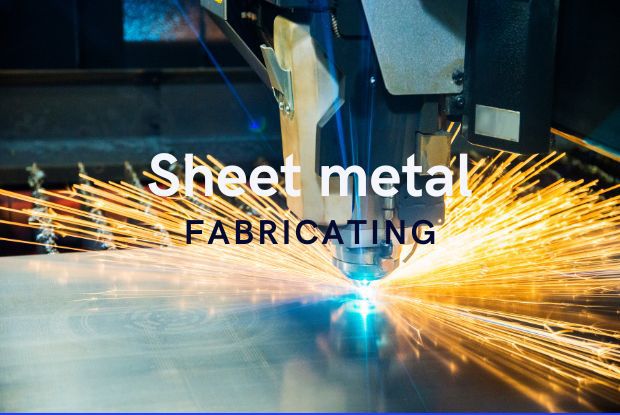
Low-Carbon Aluminum: The Key to Building a Sustainable Supply Chain
As companies worldwide accelerate their journey toward net-zero emissions, reducing the carbon footprint of supply chain materials has become a top priority. Aluminum—widely used in automotive, construction, electronics, and packaging—plays a central role in this transition. This is why Low-Carbon Aluminum is emerging as a crucial solution for businesses committed to sustainability.
What is Low-Carbon Aluminum?
Low-carbon aluminum is produced with renewable energy such as hydropower, wind, and solar, combined with improved smelting efficiency and increased recycled aluminum content. While conventional aluminum production can emit up to 16 tCO₂e per ton, low-carbon aluminum reduces this to below 4 tCO₂e per ton, and recycled aluminum can go as low as 1 tCO₂e per ton.
Business Benefits of Low-Carbon Aluminum
1. Significant Carbon Footprint Reduction
Each ton of low-carbon aluminum can save approximately 12 tCO₂e compared with conventional aluminum—an essential step toward ESG and carbon-neutral targets.
2. Compliance with Global Regulations
With mechanisms like the EU’s CBAM (Carbon Border Adjustment Mechanism), carbon-intensive products will face rising costs. Low-carbon aluminum helps reduce compliance risks.
3. Meeting Customer Demands
Global brands increasingly require suppliers to lower Scope 3 emissions. Low-carbon material sourcing is rapidly becoming a necessity.
4. Competitive Advantage and Brand Value
Sustainability is not just a responsibility—it is a market differentiator. Companies using low-carbon aluminum strengthen their brand and unlock green procurement opportunities.
Industry Applications of Low-Carbon Aluminum
Electric Vehicles (EVs)
Aluminum is used extensively for lightweighting to improve range. Low-carbon aluminum further reduces cradle-to-gate emissions, aligning with consumer expectations for sustainable mobility.
Construction and Architecture
Aluminum façades, windows, and structural components can use low-carbon aluminum to support LEED and BREEAM certifications and enhance project value.
Consumer Electronics
Laptops, smartphones, and appliances rely on aluminum casings and heat sinks. Low-carbon aluminum reduces life-cycle emissions and supports eco-friendly product marketing.
Packaging
Beverage cans and food containers benefit from recycled and low-carbon aluminum, cutting environmental impact and supporting FMCG brands’ sustainability goals.
How Much Carbon Can Be Saved?
Switching fully to low-carbon aluminum can reduce about 12 tCO₂e per ton. For 10,000 tons of aluminum, that’s approximately 120,000 tCO₂e avoided—equivalent to the annual emissions of thousands of cars.
Our Low-Carbon Aluminum Offering
Han Chang now supplies low-carbon aluminum raw materials to help businesses build greener supply chains. Whether you aim to meet ESG goals, comply with CBAM, or source sustainable materials, contact us to explore specifications and supply options.
Low-Carbon Aluminum: The Key to Building a Sustainable Supply Chain | Precision Aluminum CNC Machining - Han Chang
Han Chang offers industry-specific CNC aluminum solutions designed to meet exact performance, durability, and thermal demands in mission-critical applications.
From medical imaging housings to EV battery cooling plates and IPC aluminum enclosures, we provide fully customized, ISO-certified parts backed by decades of manufacturing expertise.
Let our engineering team help you reduce development time and improve product reliability with precision-machined aluminum solutions tailored to your field.


